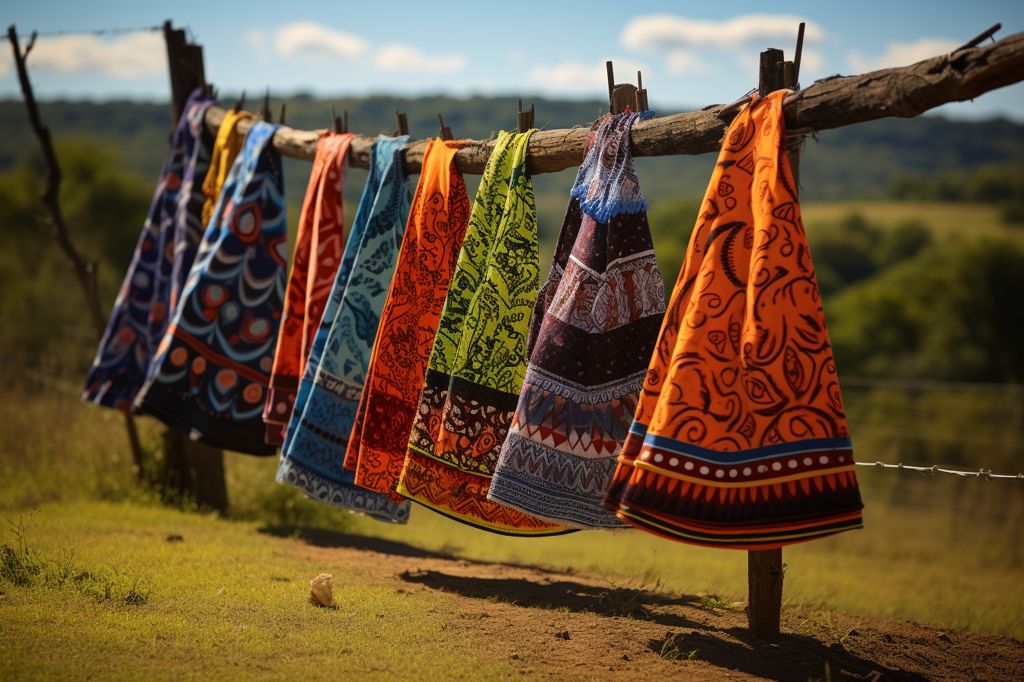Social partnerships play a pivotal role in promoting a harmonious and productive social ecosystem amid diverse challenges. Recently, South Africa’s Deputy President, Paul Mashatile, addressed the 28th National Economic Development and Labour Council (NEDLAC) Annual Summit, emphasizing the importance of social partnerships in the current context. NEDLAC has a long history of fostering social partnerships in South Africa, shaping the labor market since the dawn of democracy.
The Challenge Facing the South African Labor Market
Despite numerous achievements, the South African labor market has faced challenges stemming from its apartheid past. The country grapples with racial and gender inequities, skills shortages, and high unemployment rates, particularly among Africans. The COVID-19 pandemic has only exacerbated these issues, leading to increased unemployment and job losses, primarily impacting marginalized groups.
Collaboration Among Social Partners to Address Challenges
South Africa’s social partners—organized business, labor, government, and the community sector—have sought ways to turn the economy around, reverse unemployment, and build inclusive growth. One example of this collaboration is the 2018 Presidential Jobs Summit and the subsequent development of the Economic Reconstruction and Recovery Plan in 2020. Furthermore, NEDLAC’s various social partners have taken collaboration to new levels in response to the pandemic, with the formation of a rapid-response task team as a notable example.
The Role of Social Compacts in South Africa’s Growth and Development Goals
Social compacts, such as the National Development Plan, have played a crucial role in charting South Africa’s growth and development goals. The HRDC has also signed three social compacts focused on building a foundation for a transformed economy and society, building skills for a transformed economy and society, and building a capable and developmental state.
Fostering Strong Social Partnerships
Mashatile proposed focusing on four dimensions: “what,” “how,” “who,” and “why.” He encouraged social partners to discuss the big policy choices facing the country openly, engage in transparent and pragmatic negotiations, and demonstrate the potential for win-win scenarios through social compacts. By doing so, stakeholders can work together to address systemic challenges such as climate change, improved water access, and deteriorating infrastructure, all while preparing for and building resilience in the face of inevitable crises.
Social partnership is crucial in fostering meaningful dialogue and collaboration among diverse stakeholders. As South Africa commemorates thirty years of democracy, it is crucial for social partners to reflect on past achievements, assess the current situation, and work together to tackle major policy issues in the coming decade. By fostering strong social partnerships, South Africa can continue to evolve, grow, and thrive, even in the face of adversity.








